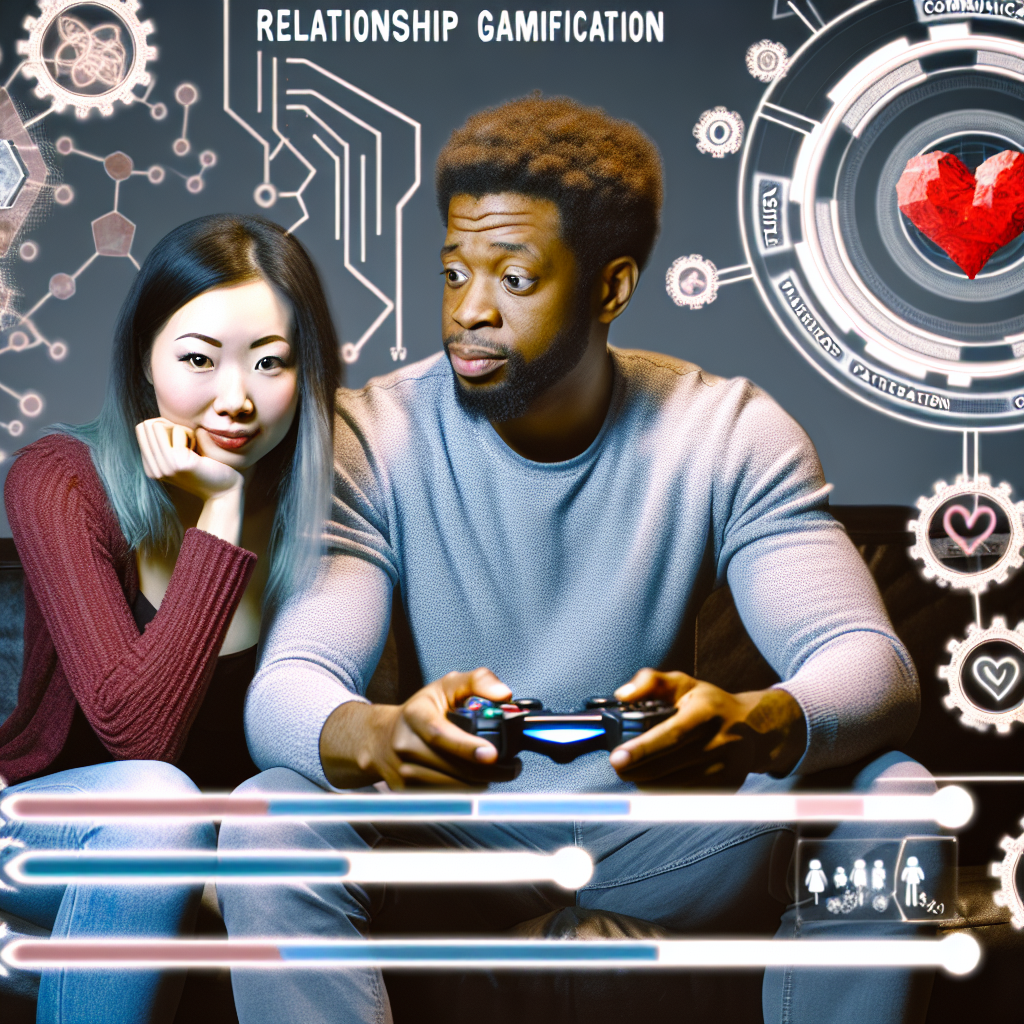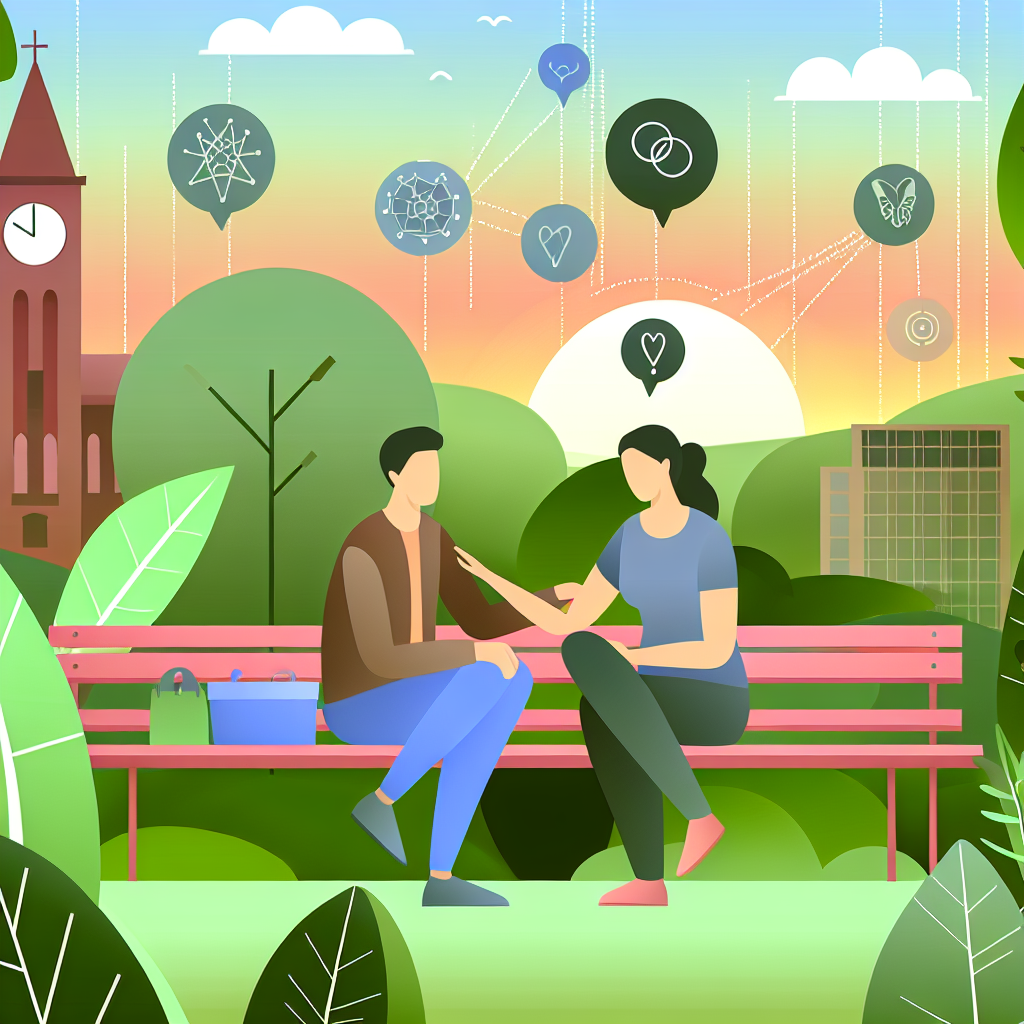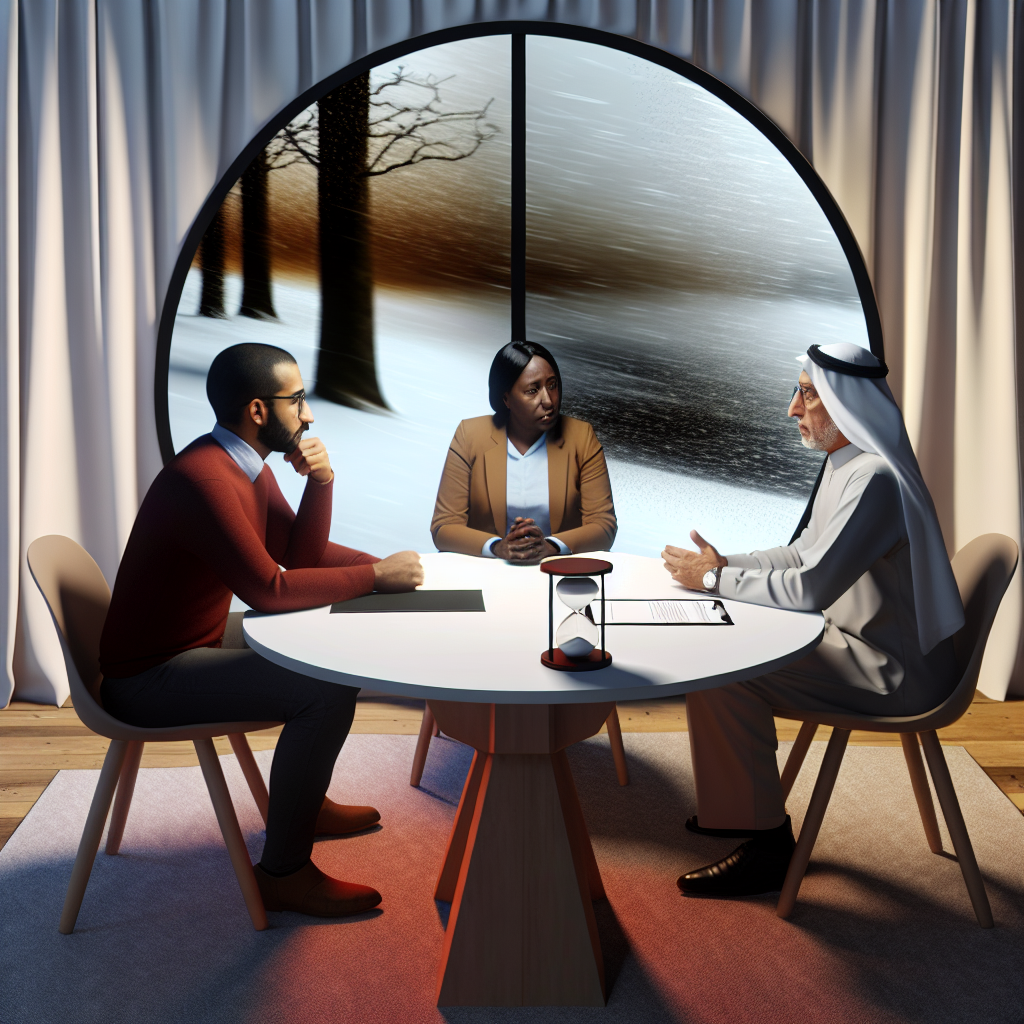# Relationship Gamification: Are We Quantifying Love Too Much?
In a world that celebrates high scores and daily streaks, is our emotional life falling prey to performance metrics?
The Game of Love in the Digital Age
In an age dominated by data, algorithms, wearable tech, and performance metrics, even our romantic lives are not immune to the influence of gamification. From dating apps that use swipes, matches, and streaks to reward engagement, to relationship counseling platforms tracking commitment milestones, love is beginning to look a lot more like a game.
While gamification can be incredibly effective in education, fitness, and productivity, the growing trend of applying performance metrics and reward systems to relationships begs a critical question: Are we quantifying love too much?
Gamification refers to the application of typical game-playing elements—such as point scoring, competition with others, or rules of play—to non-game contexts. Originally devised to boost user engagement in marketing and education, gamification has now permeated the world of dating. Apps like Tinder, Bumble, and Hinge have incorporated streaks, swipe limits, and dopamine-releasing matching notifications to keep users engaged, mirroring the psychological hooks found in video games.
Real Feelings or Digital Feedback Loops?
Beyond dating apps, even serious relationships are seeing the intrusion of quantifiable tools. Couples now use shared calendars and productivity tools to manage relationships. Mobile apps like Between or Love Nudge track things like time spent together, love languages, and even ‘relationship goals’. Wearables now monitor partner proximity and stress levels to offer feedback on emotional states. On social media, “relationship scorecards” keep tabs on anniversaries, surprise gestures, likes, and comments, subtly suggesting comparison and competition.
For singles aged 18 to their 80s, connecting in a digital landscape means navigating a terrain where statistics often take precedence over emotional depth. Millennials and Gen Z have grown up in a world measuring clicks and views, while Baby Boomers and Gen X are increasingly adopting tech-first relationship habits.
Unfortunately, this gamified dynamic can both enhance and hinder emotional intimacy. It’s no longer just about how you feel about someone, but how often they meet your reminder-based goals or whether they responded within a socially acceptable timeframe.
Science Weighs In: What the Experts Are Saying
The intersection between gamification and relationships has attracted interest from both academic researchers and mental health professionals. Experts from fields such as psychology, behavioral economics, and human-computer interaction have delved into the effects of reward-based relationship maintenance and app-driven emotional feedback.
Research from the American Psychological Association (APA) highlights how extrinsic rewards—like praise, badges, and digital reminders—can undermine intrinsic motivation, especially in emotional contexts. In a romantic relationship, this suggests that over-reliance on gamified metrics might suppress genuine emotional responses in favor of “playing the game” correctly. Dr. Edward Deci, co-originator of the Self-Determination Theory, even notes that people perform better and feel more fulfilled when driven by personal motivation rather than rewards or obligations. This may explain why relationship “streaks” or “levels” can feel forced or unfulfilling over time ([APA](https://www.apa.org)).
In the realm of romantic app development, researchers from the University of Washington performed a study in 2019 titled “Digital Love Languages,” exploring how gamified design elements influence romantic behavior. Their findings suggested that while gamification can increase initial excitement and facilitate bonding through shared goals, it can also lead to anxiety and shallow interactions if it replaces emotional vulnerability with superficial measures ([University of Washington Study](https://www.cs.washington.edu)).
Additionally, a 2021 study published in the journal *Computers in Human Behavior* observed that people using gamified relationship tracking tools reported a higher tendency to compare their relationship metrics with those of others, often resulting in feelings of inadequacy, jealousy, or pressure to perform. These patterns echo broader social media psychology findings, where quantifying likes, shares, or comments can distort self-perception and satisfaction.
Therapists and dating strategists have also begun sounding the alarm. Renowned relationship expert Dr. Helen Fisher notes that gamifying romance can lead us to treat partners as interchangeable variables within a formula rather than unique individuals to connect with emotionally. Instead of nurturing organic growth, relationships are increasingly being subjected to rigid frameworks that may stifle authenticity and spontaneity ([The Kinsey Institute](https://kinseyinstitute.org)).
When Games Work: The Balanced Side of Gamified Love
The potential upside is not entirely bleak. When used mindfully, gamification elements like shared goals or playful challenges can enhance communication and bonding, especially for couples navigating long-distance or busy lifestyles. For example, some couples enjoy tracking fun “quests” like planning surprise date nights or achieving weekly quality-time goals, turning relationship building into a collaboration rather than a competition.
As with all technologies, moderation and mindfulness are key. When tools serve the relationship rather than redefine it, gamification may help rather than hinder connection.
The Final Score: Are We Winning or Losing at Love?
Love may be timeless, but its expression is evolving—and not always for the better. While gamification can enhance engagement and offer structure to modern dating, it risks reducing emotional depth to scores and stats.
In our pursuit of “leveling up” in love, we must remember that intimacy doesn’t thrive in competition—it flourishes in vulnerability, empathy, and real connection. In navigating the quantified world of digital romance, our greatest challenge remains staying true to the unmeasurable heartbeat of love itself.
References
– American Psychological Association. (n.d.). Intrinsic vs Extrinsic Motivation.
– University of Washington. (2019). Digital Love Languages: How Tools Shape Our Relationships.
– Computers in Human Behavior. (2021). Relationship Satisfaction and Social Comparison in the Age of Quantified Love.
– The Kinsey Institute. (n.d.). Dr. Helen Fisher on Modern Love and Technology.
—
**Summary**:
In a world dominated by data, algorithms, and performance metrics, even our romantic lives are not immune to the influence of gamification. From dating apps that use swipes, matches, and streaks to reward engagement, to relationship counseling platforms tracking commitment milestones, love is beginning to look a lot more like a game. While gamification can be effective in other contexts, the growing trend of applying metrics and reward systems to relationships raises the question: Are we quantifying love too much? Experts warn that over-reliance on gamified relationship tools can suppress genuine emotional responses and lead to anxiety, shallow interactions, and unhealthy social comparisons. As we navigate the digital landscape of modern romance, finding the balance between technology and authentic connection remains a crucial challenge.

Dominic E. is a passionate filmmaker navigating the exciting intersection of art and science. By day, he delves into the complexities of the human body as a full-time medical writer, meticulously translating intricate medical concepts into accessible and engaging narratives. By night, he explores the boundless realm of cinematic storytelling, crafting narratives that evoke emotion and challenge perspectives. Film Student and Full-time Medical Writer for ContentVendor.com




